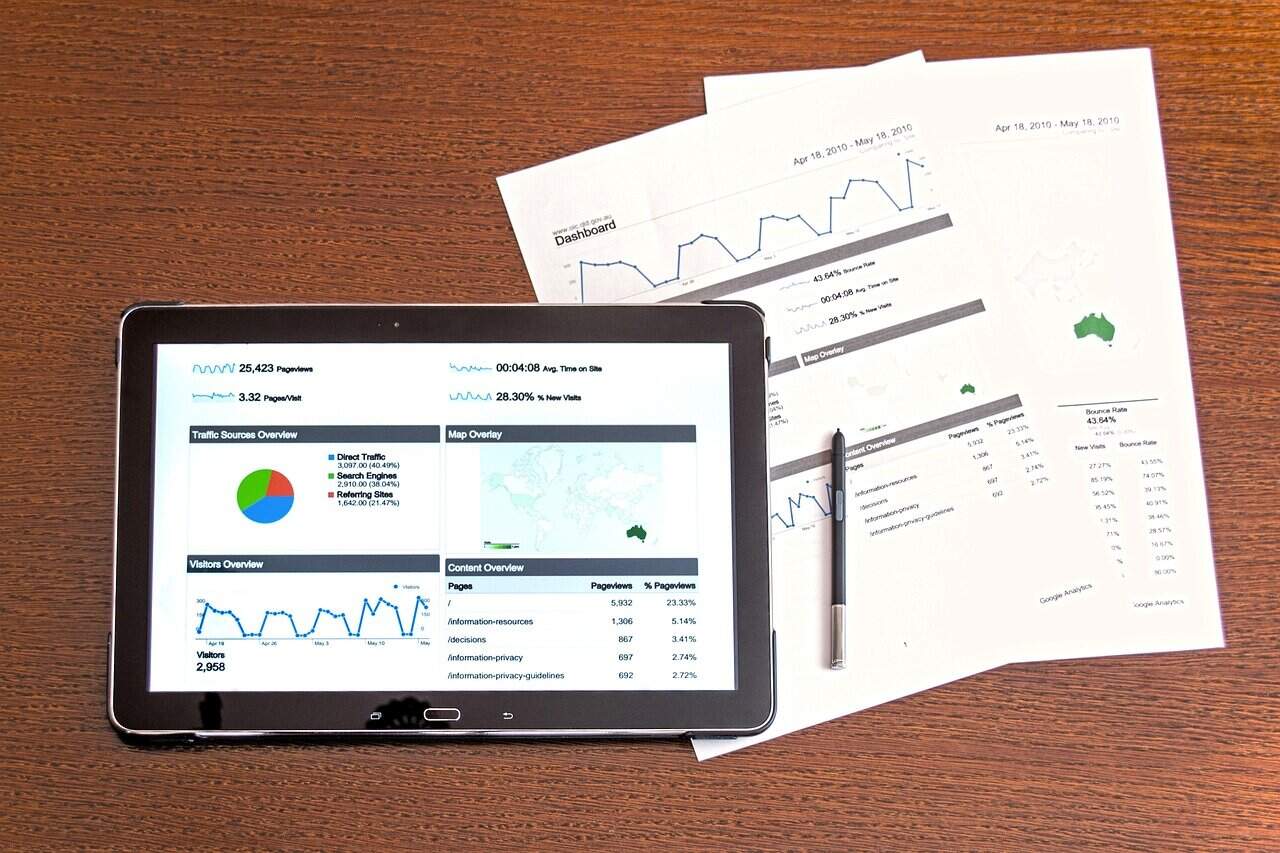In the real estate services industry, ROI (Return on Investment) is one of the most critical metrics determining business success. Whether you’re in real estate marketing, property management, or development, understanding how to calculate and maximize ROI can significantly impact profitability and operational efficiency.
In this article, we’ll cover:
- What is ROI?
- How to Calculate ROI in Real Estate
- Strategies to Maximize ROI for Real Estate Companies
- Tools to Improve ROI
- Case Studies of Companies That Successfully Increased ROI
What is ROI?
ROI (Return on Investment) is a financial metric used to evaluate investment efficiency or compare different investments. It’s calculated using the formula:ROI=NetProfitCostofInvestment×100ROI=CostofInvestmentNetProfit×100
In real estate, ROI can apply to:
- Property sales profits
- Rental income
- Digital marketing investments
- Property management optimizations
How to Calculate ROI in Real Estate Services
ROI in Property Sales
When selling a property, calculate ROI as:
- (Selling Price – Purchase Price – Maintenance & Marketing Costs) / Total Investment × 100
ROI in Rental Properties
For rental income, use:
- (Annual Rental Income – Expenses) / Property Market Value × 100
ROI in Real Estate Marketing
Example: If you spend $10,000 on Facebook Ads and acquire 30 clients, each generating $2,000 profit:
- Net Profit = 30 × $2,000 = $60,000
- ROI = ($60,000 – $10,000) / $10,000 × 100 = 500%
Strategies to Maximize ROI for Real Estate Companies
Optimize Digital Marketing
- Use targeted ads on Google Ads & Facebook Ads.
- SEO optimization for your website (keywords like “apartments for sale in Dubai”).
- Create engaging content (videos, blogs, virtual tours).
Leverage Technology (PropTech)
- Use real estate CRM software like Zoho CRM or Propertyware.
- Apply AI for property valuation & market analysis.
Improve Operational Efficiency
- Reduce costs via automation (e.g., chatbots for client inquiries).
- Train agents in negotiation & customer relationship management.
Invest in High-Demand Areas
- Research emerging neighborhoods with population growth & infrastructure development.
Best ROI Analysis Tools for Real Estate Companies
| Tool | Function |
|---|---|
| Google Analytics | Track website visitors & conversions |
| HubSpot | CRM & marketing campaign analysis |
| A/B Testing Tools | Test ad & landing page effectiveness |
| Tableau | Data visualization & analytics |
Case Studies: Real Estate Companies That Boosted ROI
Bayut (UAE)
- Used content marketing & paid ads, increasing lead conversion by 40%.
- Achieved 300% ROI on marketing spend.
Zillow (USA)
- Implemented AI-driven property matching, reducing sales time by 50%.
The Psychological Factor: How Client Perception Impacts ROI
Beyond numbers and analytics, client perception plays a crucial role in maximizing ROI. Real estate is a trust-driven industry—buyers and renters prioritize credibility, transparency, and emotional connection. Investing in professional branding, high-quality visuals (3D tours, drone footage), and client testimonials can significantly boost conversion rates. For example, a study by the National Association of Realtors (NAR) found that properties with virtual tours sell 20% faster, directly improving ROI. Additionally, personalized communication (e.g., AI chatbots with human-like interactions) builds rapport, reducing client hesitation. By aligning data-driven strategies with behavioral psychology, real estate businesses can unlock higher returns at lower acquisition costs.
The Power of Data-Driven Decision Making in Real Estate ROI Optimization
In today’s competitive real estate market, leveraging data analytics has become non-negotiable for maximizing ROI. Sophisticated companies are now using predictive analytics to identify emerging market trends months before they become apparent to competitors. By analyzing historical price fluctuations, demographic shifts, and even local infrastructure projects, forward-thinking firms can acquire properties in undervalued areas poised for growth. For instance, tracking municipal development plans allows investors to purchase land near future transportation hubs at current prices, often seeing 30-50% appreciation within 18-24 months of project completion.
Advanced CRM systems now integrate machine learning to score leads based on their likelihood to convert, enabling agents to prioritize high-value prospects. These systems can analyze thousands of data points – from browsing behavior on your website to social media engagement – to predict which clients are ready to make offers. Some top-performing brokerages have reduced client acquisition costs by 40% simply by implementing AI-powered lead scoring. Furthermore, automated valuation models (AVMs) combine satellite imagery, neighborhood comparables, and economic indicators to provide real-time property valuations with 95%+ accuracy, eliminating costly appraisal errors.
The most successful firms are creating centralized data warehouses that combine transaction records, marketing performance metrics, and operational costs. This holistic view enables precise calculation of ROI across all business units. For example, one luxury brokerage discovered through data analysis that their high-touch concierge services generated 3x ROI compared to traditional marketing – leading them to reallocate 60% of their budget to client experience enhancements. As proptech continues evolving, real estate companies that fail to embrace data analytics risk falling behind competitors who can make faster, more informed investment decisions with higher returns.
Conclusion
Maximizing ROI in real estate services requires smart marketing, technology adoption, and efficient operations. By analyzing data and optimizing strategies, you can increase profitability sustainably.
Start applying these strategies today and use analytics tools to measure and refine your results!
Contact Forsa For Real Estate Survices to unlock higher returns!
Send Whatsapp Now!





Join The Discussion